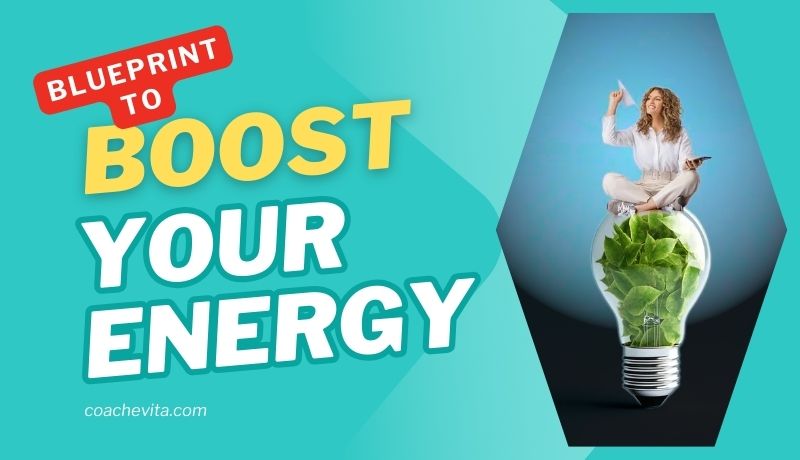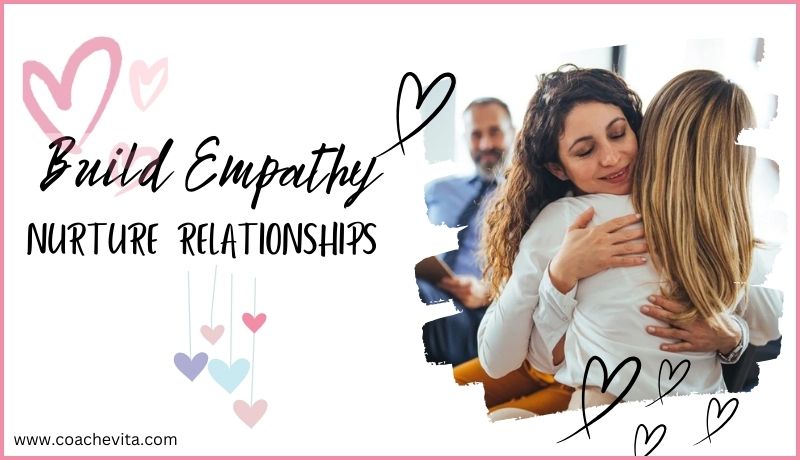As women in our forties and beyond, life can feel like a whirlwind. Juggling family, career, and personal growth, we often find ourselves stretched thin. Mindfulness offers a lifeline—a way to anchor ourselves in the present moment, find inner peace, and navigate life’s complexities with grace.
What Is Mindfulness?
Mindfulness is the art of paying full attention to the present, without judgment or distraction. It’s about observing our thoughts, feelings, and sensory experiences—like taste, touch, smell, sight, and sound—without trying to quiet the mind or control our experiences. Instead, we simply notice what’s happening in the moment. Mindfulness allows us to become self-aware and is a valuable precursor to other actions we may take later like managing or controlling our emotions, behaviours, or actions. In some cases, just becoming aware may be enough to effect change, without us actually having to do anything. It is a great tool to include in your personal development toolbox.
Common Challenges for Women 40+
Below are some challenges that women in their forties and beyond may face, along with personalized solutions.
Stress and Overwhelm:
Challenge: Juggling midlife demands—career transitions, aging parents, teenage children, health issues—can lead to feeling perpetually stressed.
Solution: Mindfulness helps us step back from the chaos, observe our stressors, and respond intentionally rather than reactively. For example, when someone cuts us off when driving, we can take a moment to consider how important it is to us to feel “pissed off”, and then choose to respond less angrily and maintain our equilibrium.
Self-Care Neglect:
Challenge: As caregivers, we often put others’ needs before our own, neglecting ourselves, our wellbeing, and self-care.
Solution: Mindfulness reminds us that self-care isn’t selfish—it’s essential. By tuning into our bodies and emotions, we learn to prioritize our wellbeing. We cannot care for others if we first burnout ourselves due to neglect.
Body Changes and Acceptance:
Challenge: Our forties bring physical changes—gray hairs, wrinkles, shifting metabolism, fat, double chins, poor tone—that can affect self-esteem.
Solution: Mindfulness encourages self-compassion and acceptance. We learn to appreciate our bodies for their resilience and wisdom.
Sleep Troubles:
Challenge: Ruminating over the past or worrying about the future disrupts our sleep, wellbeing, and equilibrium.
Solution: Mindfulness techniques, such as deep breathing and body scans, promote relaxation, better sleep quality, balance, better functioning, and wellbeing. Create a calming bedtime routine—dim the lights, avoid screens, and practice mindfulness to quiet the mind, relax the body and fall asleep.
Navigating Career Transitions:
Challenge: Many women in their forties experience career shifts—whether due to burnout, changing industries, being fired, being made redundant, or seeking new challenges.
Solution: Embrace your resilience. Reflect on your skills, passions, and values. Seek mentorship and explore opportunities that align with your evolving goals. Control negative thoughts and emotions, and practice positive psychology techniques to maintain a growth mindset.
Empty Nest Syndrome:
Challenge: As children leave home, mothers often grapple with feelings of loss and purposelessness.
Solution: Rediscover yourself. Reconnect with your passions—hobbies, travel, or pursue long-postponed dreams. Create a fulfilling life beyond parenting.
Menopause and Hormonal Changes:
Challenge: Hormonal fluctuations impact mood, sleep, and overall wellbeing.
Solution: Prioritize self-care. Regular exercise, balanced nutrition, and mindfulness ease symptoms. Consult a healthcare professional for personalized advice, if necessary.
Financial Planning and Retirement:
Challenge: Women face unique financial challenges, including wage gaps and longer life expectancy.
Solution: Educate yourself on investments, retirement accounts, and estate planning. Seek professional guidance to secure your financial future.
Maintaining Social Connections:
Challenge: Friendships may change due to life transitions.
Solution: Cultivate new friendships through shared interests, classes, or volunteering. Prioritize quality over quantity.
Body Image and Self-acceptance:
Challenge: Aging brings physical changes that can affect self-esteem.
Solution: Practice self-compassion. Celebrate your body’s journey and focus on health rather than unrealistic ideals.
Rekindling Intimacy:
Challenge: Relationships evolve, and intimacy may wane.
Solution: Communicate openly with your partner. Explore new ways to connect emotionally and physically.
Technology Overwhelm:
Challenge: Rapid technological advancements can be intimidating.
Solution: Take small steps. Learn essential tech skills, seek tutorials, and embrace digital tools that enhance your life.
Remember, every challenge is an opportunity for growth. Embrace your wisdom, resilience, and the beauty of this transformative phase.
Mindfulness Practices for Women 40+
Loving-Kindness Meditation
Sharon Salzberg, a renowned meditation teacher, offers loving-kindness meditations. These practices cultivate love within us, allowing it to flourish outward.
Try this: Sit quietly, breathe deeply, and silently repeat phrases like “May I be happy, may I be healthy, may I be at ease, may I be full of joy.” Extend these wishes to others as well.
Grounding Techniques
- When stress hits, ground yourself.
- Feel your feet on the floor, notice your breath, and name three things you see, hear, and feel.
- This simple practice brings you back to the present moment.
Mindful Eating
- Savor your meals.
- Pay attention to flavors, textures, and the act of nourishing your body.
- Mindful eating reduces overeating and fosters a healthier relationship with food.
Body Scan Meditation:
- Lie down or sit comfortably.
- Gradually shift your focus from head to toe, paying attention to each body part.
- Notice sensations, tension, or relaxation.
- This practice enhances body awareness and reduces physical tension.
Breathing Exercises:
- Practice deep, diaphragmatic breathing.
- Inhale deeply through your nose, allowing your abdomen to expand.
- Exhale slowly through your mouth.
- Focusing on your breath calms the mind and promotes relaxation.
Walking Meditation:
- Take a slow walk, paying attention to each step.
- Feel the ground beneath your feet, and notice the rhythm of your movement.
- Walking mindfully connects you with the present moment.
Mindful Listening:
- Choose a sound—birdsong, flowing water, or music.
- Close your eyes and fully immerse yourself in the sound.
- Let go of distractions and simply listen.
Visual Mindfulness:
- Observe your surroundings.
- Notice colours, shapes, and textures.
- Appreciate the beauty in everyday moments.
Gratitude Journaling
Each day, write down three things you’re grateful for. It could be a sunny morning, a kind gesture, or a stimulating cup of tea or coffee. Gratitude shifts our focus from lack to abundance.
The Science Behind Mindfulness
Research shows that mindfulness:
Reduces stress: By observing thoughts without judgment, we break free from rumination and anxiety.
Enhances relationships: Mindfulness helps us connect better with loved ones, fostering deeper bonds.
Improves overall wellbeing: It’s a powerful tool for self-awareness and emotional balance.
How Can I Find a Mindfulness Community?
Finding a mindfulness community can be a wonderful way to connect with like-minded individuals and deepen your practice. Here are some options:
Mindfulness Works Australia:
Aim: To seek a practical, non-religious mindfulness course.
Mindfulness Works Australia offers in-person and online courses across Australia. Their accredited facilitators guide beginners through mindfulness meditation techniques. You’ll experience a sense of calm and freedom from day one. Check their course locations to find one near you.
Meetup Groups:
Aim: Wanting to share experiences and connect with others interested in mindfulness.
Explore Meetup for local mindfulness groups. These gatherings provide opportunities to inspire, encourage, and learn from fellow practitioners, as well as a great opportunity to make friends and have fun.
These are just two, there are many more available locally in Australia and world-wide. By doing an internet search you should be able to find ones local to you. Remember, joining a mindfulness community allows you to share insights, learn from others, and cultivate a sense of presence together.
Conclusion
Dear readers, embrace mindfulness as your ally. It’s not about perfection; it’s about presence. Mindfulness is a journey; so start small, be kind to yourself, and watch as it transforms your life. As you navigate this beautiful chapter of life, remember: You are enough, just as you are.





